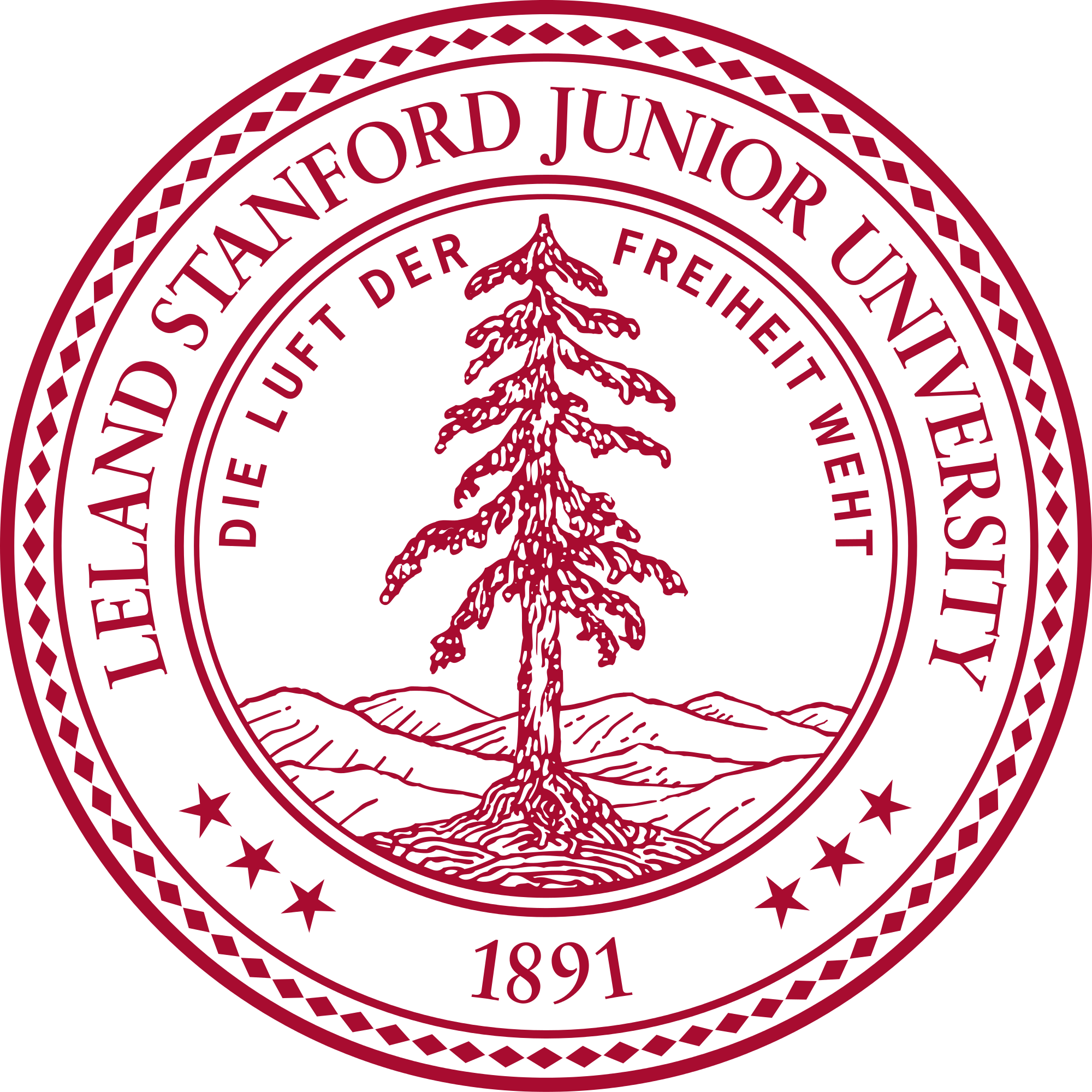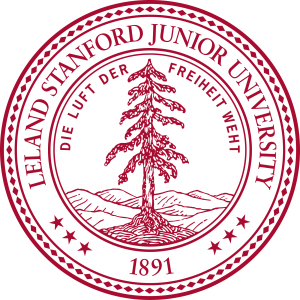It’s official: I am Stanford’s new DH data scientist from May to August. What does that mean? I haven’t the foggiest idea – I think figuring that out is part of my job description. Over the next few months, I’ll be assisting a small platoon of Stanfordites with their networks, their visualizations, their data, and who knows, maybe their love lives. I’m reporting to the inimitable Glen Worthey and the indomitable Elijah Meeks, who will keep me on the straight and narrow. I’ll also be blogging, teaching workshops, writing papers, and crunching numbers, all under the Stanford banner.
This announcement is on the heels of my recent trip to Stanford, and I have to say, I was incredibly impressed by the operation they had going there. The library has at least three branches under which DH projects occur, and of particular interest are the Academic Technology Specialists like Mike Widner. A half a dozen of them are embedded in different schools around campus, and they act as technology liaisons and researchers within those schools, supporting faculty projects, developing their own research, and just generally fostering a fantastic digital humanities presence on the Stanford campus.
Then there’s Elijah Meeks and Karl Grossner. Do you know those TV shows where contestants vie for a fancy house from some team of super creative builders? They basically do that, except instead of offering cool new digs, they offer their impressive technical services for a few months. There’s also the Lit Lab, CESTA, the DH Focal Group, and probably a dozen other projects which do DH on campus in some way or another.
As far as I can tell, I’ll be just one more chaotic agent in this complex DH environment. Many of the big projects going on at Stanford rely in some way on networks, and I’m going to try to bring them all together and set agendas for how they can best utilize and analyze the networks at hand. I’ll also design some tools that’ll make it easier for future network-y projects to get off the ground. There’s also a bunch of Famous Network Scientists who operate out of Stanford, and I plan on nurturing some collaborations between them, the DH community, and some humanities-curious tenants of Silicon Valley.
It will be interesting to see how this position unfolds. As far as I’m aware, the “resident data scientist” model for DH is an untried one at any university, and I’m lucky and honored that Stanford has decided to take a chance on such a new position with me at the helm. If this proves successful, it will provide even more proof that the role of libraries in fostering DH on campus can be a powerful one. Of course there’s also the chance I could fail spectacularly, but in true DH tradition, I believe such a public failure would also be a worthy outcome. If the process works, great; if not, we’ll know what to fix for the next try.


Excellent choice they made. Can’t wait to see the sparkles you’ll make at Stanford this summer!
Congratulations! This is very exciting!
Great news. Congratulations!
Great! Congratulations!
This is really fantastic news — for you and for them. Will be watching with interest.
Congratulations!!!
Congratulations!
I did not know about this when I was prodding you about the ivmooc grades on twitter. And I was impressed by the level of detail of the review. Surely not a five minute job. So thanks again.
Thanks Juan! This was only one of a bunch of things that were brewing over grade time, but I was glad to have such great projects keeping me inspired to grade. Best of luck with everything.